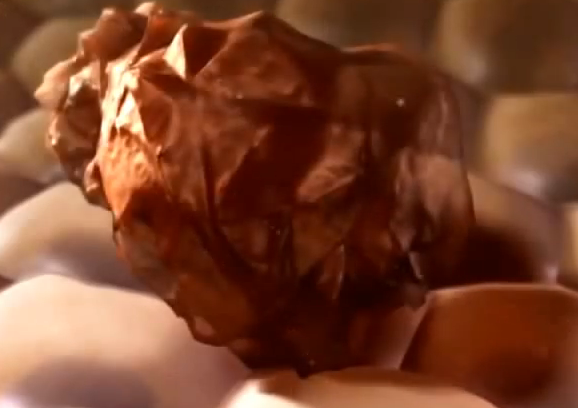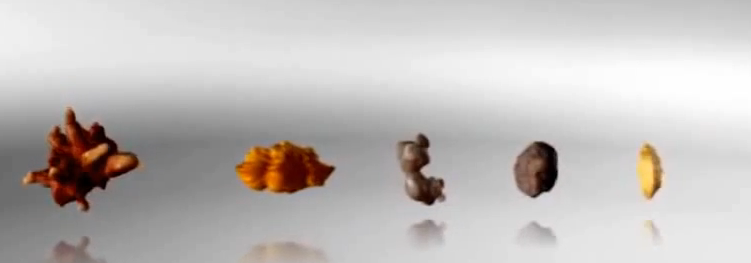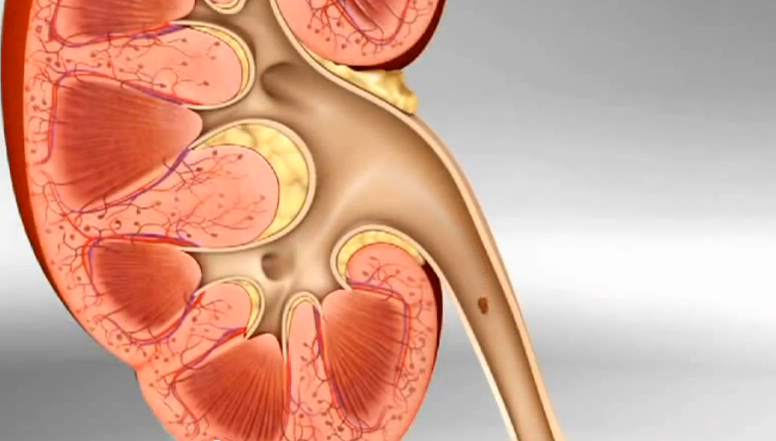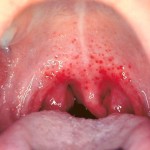Kidney stones are a common problem of urinary tract and depending on the stone location within the urinary tract; it may be referred to in different names. While a stone in kidney is referred to as nephrolithiasis or a renal calculi, a stone in the ureters or the tubes connecting each kidney to bladder is known as ureterolithiasis or ureteral calculus. When a kidney stone grows in size and reaches a certain size such as 2 to 3 mm, it could cause blockage of urine flow from kidneys to bladder and out from body.
Such blockage causes issues such as dilation and muscle spasm. A patient may experience pain in the side, lower abdomen, and the groin area. When kidney stones do not pass and are not treated, they could lead to considerable amount of pain and potential damage to patient’s urinary tract.
Types of kidney stones
Generally, there are four types of kidney stones and one is the calcium stone, which is the most prevalent of all forms of stones. The calcium stones are primarily consisted of calcium and oxalate or phosphate. These are caused by increased amounts of calcium levels in urine. The second type is the urate or uric acid stone, which forms a smooth and soft brown crystal and it is as a result of increased uric acid levels in the urine.
A third form of kidney stone is the struvite stone, which consists of magnesium and ammonia, and is basically formed due to infection by bacteria that splits the chemical known as urea. The fourth form of kidney stone is the cystine stone, which forms a yellow crystal or lump, and it is caused by a rare metabolic condition.

Causes of kidney stones
There is no obvious reason as to why stones form but there are risk factors, which could increase the chances of one developing kidney stones. Demographic factor is one thing, which makes people in a certain location to suffer from the stones. The number of people in US, for unknown reasons, has shown an increasing affliction by kidney stones.
Diet is another factor where it is pre-assumed that people eating certain types of food could likely suffer from kidney stones. People of blood relation and who have shown personal and family history of suffering from kidney stones may also be susceptible to these stones. Lack of fluids could increase the chances of suffering kidney stones.
If a person does not take sufficient fluids and for that matter water, then the urine is likely to be concentrated with substances that promote the growth of stones. Some medical conditions such as chronic urinary tract infection, gout, and hyperparathyroidism might increase the probability of developing stones.
Medications may also variably affect the formation of stones. People who use calcium pills could likely suffer from stones. Certain diuretics as well as calcium-based antacids could also risk one in suffering kidney stones.

Symptoms of kidney stones
Occasionally, kidney stones may not produce any symptoms and could remain silent while also growing and causing damage to kidneys. The symptoms of stones will begin with pain and which increases suddenly as the stone moves down in the urinary tract leading to blockage and irritation. If the stone isn’t that large, it could just trigger a dull ache, which could be confused with intestinal or muscle pain.
Small stones that are about 3mm can cause symptoms while smaller ones the size of a pea could pass quietly. Other symptoms include nausea, blood in urine, vomiting, burning sensation when urinating, persistent urge to pass urine, and feeling as though you have not completely emptied the urinary tract.
The feeling of not completely empting the urine occurs when the stone has moved closer to the lower end of the ureter and at the opening into bladder. A patient may also experience fever and chills especially if there is an infection.

Treatment of kidney stones
Home remedies work to treat kidney stones that are 3mm in size. When kidney stones attain the size of 8mm, they are not likely to pass on their own. With stones of 8mm or so, only about 20 percent are likely to pass in urine with natural treatment. Stones that are 1 cm will mostly need professional medical treatment. For the stones that are about 3 mm, they are likely to pass on their own.
Because some stones are more likely to pass than others, it is important to know the size of the stone. There are certain methods, which can help in passing stones that are small. Remember that even small stones can cause pain and irritation or blockage. Drinking plenty of water will help in flushing stones out.
You need to increase your water intake to about 1.9 to 2.8 liters in a day. Also, add lemon to your diet, as the citric acid in lemons can help in breaking up calcium-based stones. Limit the salt intake and proteins in order to cut down on sodium amount you are taking. Increasing fiber intake could help in reducing crystallization of kidney stones from calcium salts.
The phytate in fiber-rich foods helps in minimizing crystallization of calcium salts. Phytate may be found in wheat, legumes, and rice bran. You also need to skip soft drinks but you could use decaffeinated coffee or tea. Also, try to stay moderately actively to help in pushing the stones down. See medical attention whenever you have kidney stone symptoms in order to get early treatment.



tell me what will i do i have 3mm tiny calculus in my right kidney
I have 3 mm calculus in lower calyx.Pl give advise
I’ve been having the stabbing pain into my liver around the right side to my back to where my right kidney is for a couple of months. I had gone to the er and a ct scan was done. The nurse practitioner came in and said nothing was wrong with me and I was out within 10minutes. The other day I went to my family Doctor and described the same pain and he looked at the ct scan report and told me that I had a 3mm kidney stone. I’m truly mad now because the ct scan report was not read while I was in the Hospital. I’ve been accused of seeking pain meds before from this hospital before. I now have a appointment with a Nefrogolist. That’s the last time I will go to that hospital again. I truly believe that most of the Doctors here barely passed Medical School. And yes, my husband and I are making a complaint. I will keep complaining until the nurse’s and Doctors that treated me that night don’t have a job. I will most likely make a complaint with the Missouri Medical Review Board. It’s not the first time that hospital Doctors made unthinkable decisions about my health but it is the last.
I understand what you are going through. I am going through the exact same thing. I also have a 3mm stone and they’re telling me that it’s just sitting there but I have all these other symptoms that I don’t know what’s going on and you telling me all this blood work is normal. Why am I feeling this way? So they give me fluids and nausea meds through my iv and some toradol then send me home after telling me I have a urinary tract infection. Someone is about to lose their job because I got the doctor’s name and I am reporting it. Stand your ground!
I can promise you that you do not want the pain that can come with a 3mm to 4mm stone. You think you will die and there is no such thing as comfortable
I’ve had kidney stones more that 6 times, currently have one diagnosed at the ER 3mm. People, please do not let it go. The last time I did, I ended up in the hospital with having surgery, where my surgical urologist had to section our a part of my euter, and remove the stone, then placing a stent. I was in the hospital for 5 days! Drink cranberry juice daily, but you may just be predisposed, as I am, as they biopsied my last bout, and it turns out, for me, this is a hereditary condition. I am adopted, so who knows….God bless you all who suffer with this condition!